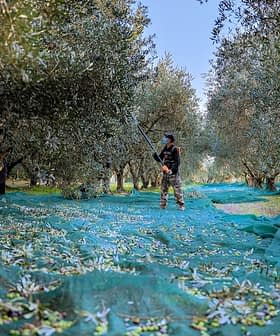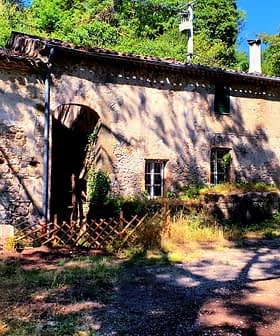By Laura Rose
Olive Oil Times Contributor | Reporting from Milan
Paris, that grand dame of gourmet, is not a fan of innovation. This is a town where one can dine on dishes cooked the same way they were served to Napoleon himself. In Paris, a bagel is novel, a smoothie downright revolutionary, a dish without the centuries’ old base of bouillon, nouvelle.
When my New York friends ask me to describe the world-famous cuisine of Paris, where I spend much of my time, their reactions are strictly incredulous. How can wasabi, ginger, even grapefruit be considered groundbreaking ingredients in a city that all the world is eyeing with desire?
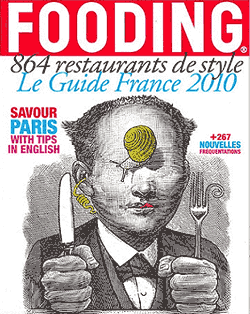 Because, mes cheris, the Parisian cuisine tradition goes back a long way and has survived thanks to its stubborn rebuff of all outside influence, and so small changes mean big things here.
Because, mes cheris, the Parisian cuisine tradition goes back a long way and has survived thanks to its stubborn rebuff of all outside influence, and so small changes mean big things here.
Change has been afoot lately thanks to the self-mocking yet entirely genuine efforts of the game-changing restaurant guide known as Le Fooding. Playing on the ridiculous Franglais speak which is as embarrassing to native English speakers as it is to French traditionalists, Le Fooding dares to laugh at itself, to laugh at uptight local attitudes, and to laugh at the stranglehold of traditional cooking, thereby encouraging this traditional town to lighten up and experiment with food.
Le Fooding publishes a yearly guide to what it considers the most interesting restaurants in Paris and a much-consulted website, both filled with witty reviews whose goal it is to expose new flavors in old Paris. The result of this jocular guide has been a real impetus for change in town, resulting in a score of new restaurants being opened by young, ambitious, sometimes foreign chefs, with locally wild ideas like using Chinese cooking styles to prepare French dishes, and even replacing time-honored butter with high quality extra virgin olive oil.
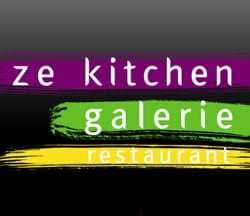 Paris is not only the capital of classic cuisine but in particular of Northern French cuisine, whose roots have been fed by the dairy of cows, sheeps, and goats, keeping butter as the central ingredient for centuries. But in the new day that is beginning to shine on Parisian kitchens, chefs are discovering what their southern cousins in Provence have long enjoyed. The flavor of the dishes is getting lighter, earthier, and more attuned with the international cooking scene as olive oil takes a central role, at last, in Paris cooking.
Paris is not only the capital of classic cuisine but in particular of Northern French cuisine, whose roots have been fed by the dairy of cows, sheeps, and goats, keeping butter as the central ingredient for centuries. But in the new day that is beginning to shine on Parisian kitchens, chefs are discovering what their southern cousins in Provence have long enjoyed. The flavor of the dishes is getting lighter, earthier, and more attuned with the international cooking scene as olive oil takes a central role, at last, in Paris cooking.
Many of the cutting edge kitchens that are cutting a swathe of experiment- ation take their lead from Le Fooding, and notably use the same playful Franglais of their guide — restaurants like Frenchie, Ze Kitchen Galerie, and Hidden Kitchen — have led the charge to drop the foundation out from traditional Parisian cuisine, using olive oil instead of butter for its versatility, and for the newness it adds to traditional dishes.
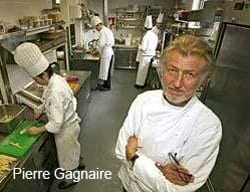 It seems even the Michelin-starred guardians of tradition are starting to experiment, with Pierre Gagnaire, scion of French cooking and of his celebrated namesake restaurant, who now places olive oil on the menu within his brief, pointed dish descriptions. Among the vanguard and even some of the old guard, it’s become hard to deny a good thing.
It seems even the Michelin-starred guardians of tradition are starting to experiment, with Pierre Gagnaire, scion of French cooking and of his celebrated namesake restaurant, who now places olive oil on the menu within his brief, pointed dish descriptions. Among the vanguard and even some of the old guard, it’s become hard to deny a good thing.


